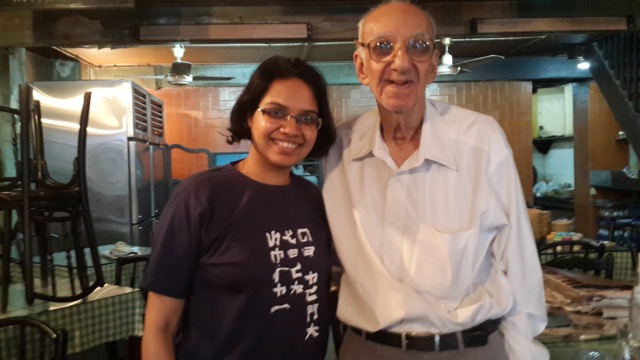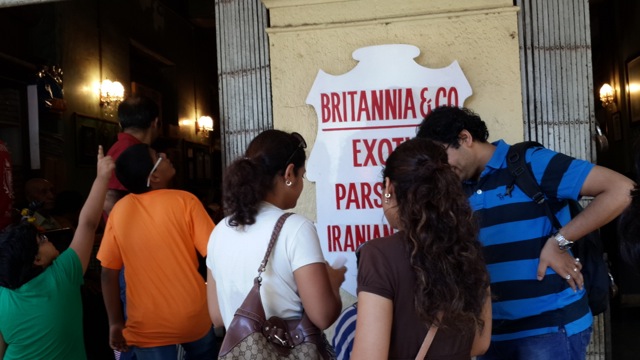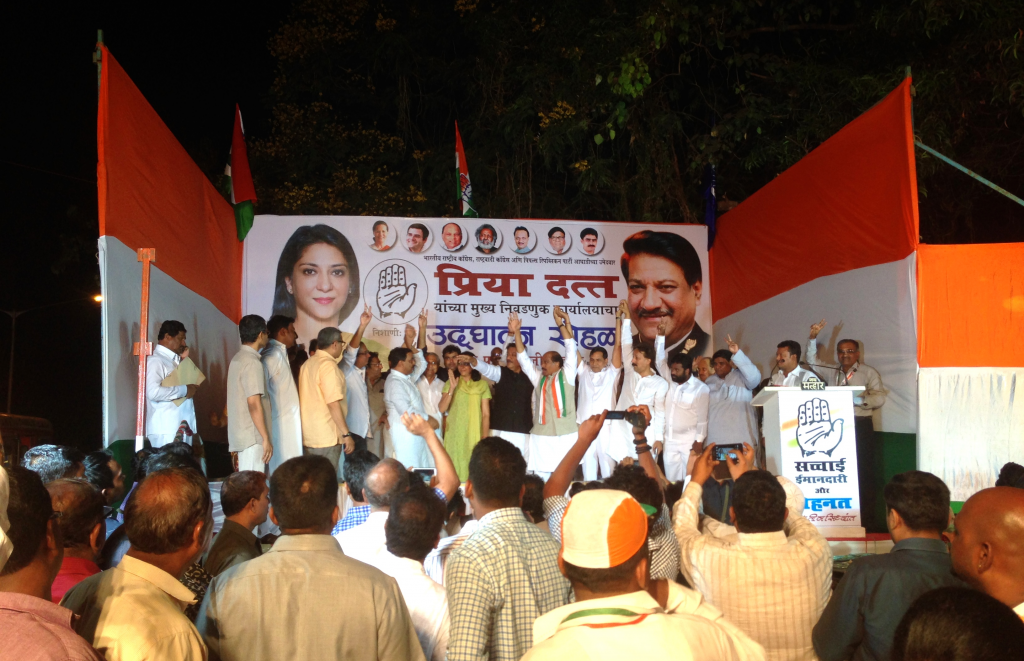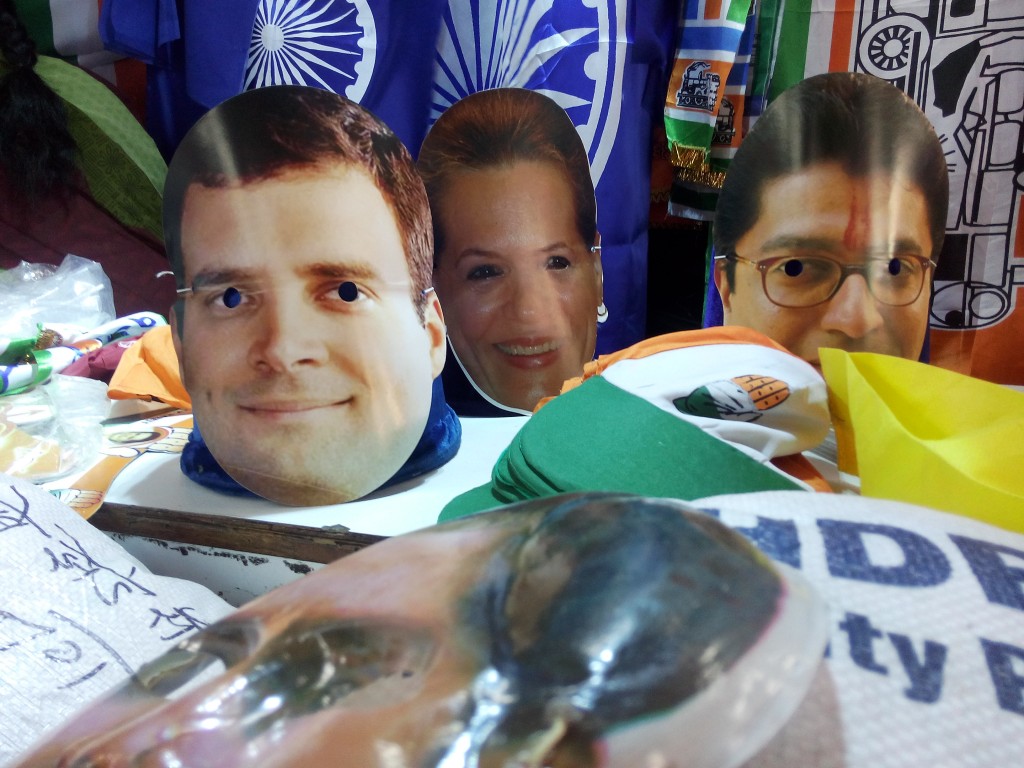Boman Kohinoor, 92, restaurateur, Mumbai
My father started this restaurant in 1923, the same year I was born. It was the British rule then, and the Municipal Commissioner of Bombay was British. Whenever he saw any business with a British name, he got happy and granted permission to open it. That is why my father named this Britannia & Co.
I have been running this restaurant [in Fort, Mumbai] for 75 years now. I have seen India before Independence. And Gandhiji. I used to go with my best friend to fight Gandhiji. Why? Because he wanted Partition, and we didn’t want Partition. He said, I want freedom. We used to tell him you will get freedom, but why do you want Partition? He used to say, ‘After I die, you will get freedom. I want freedom in my lifetime.’
Gandhiji gave his life for freedom. And we are free now. But every day there is trouble. All our jawaans [soldiers] are being killed. The political system in India is deteriorating.
I never vote. Never, never. For these politicians who are always fighting each other, killing? Never.
The other day Udhav Thackeray’s Shiv Sena and his cousin, Raj Thackeray’s MNS [Maharashtra Navnirman Sena] party went to file nomination papers. They fought outside. With stones. And they hit a policeman. Seriously injured him. This is hooliganism. We got freedom for all this? We are free to hit each other?
This is a very sorry state of affairs. These people are not fit to rule. They are not statesmen. They are hooligans. A statesman has to govern a country. There was a new fellow, recently, who talked a lot. He got elected as the Chief Minister of Delhi, [Aam Aadmi Party leader Arvind] Kejriwal. What happened? Only 49 days.
No one in my family votes. Never. I don’t like politics. Right from childhood, I took a hatred to politics. I used to read that politics is a dirty game. And really it is a dirty game. People tell me to join it. But I don’t want to. I don’t like all this, and I am also too old.
India before independence was the best. I miss it. I miss the old times. I sent this note to Her Majesty, Queen Elizabeth. I said I wonder why Pandit Nehru and Mahatma Gandhi and thousands of other freedom fighters took the trouble of throwing the British out and declaring India independent. So many lives were lost, so much trauma endured on account of the Partition. Wouldn’t it have been easier and more expedient to simply grant Indian citizenship to the British? After all they lived in India for over 300 years. I am sure British wouldn’t have been averse to this if it had ensured the continuance of the Raj.
It’s still not too late. Let’s recall the Brits. At least they proved themselves able administrators. Let’s show the world how truly tolerant and liberal we are. It is of course unlikely that, given our penchant for xenophobia, the Brits would agree. But I’m sure if we apologise to them nicely for our crass “nationalism”, they — like Sonia [Gandhi, the Congress president] — would ultimately relent.
As told to Rachitaa Gupta. This interview has been edited for clarity.
Main photo: Boman Kohinoor with Project India reporter Rachitaa Gupta



